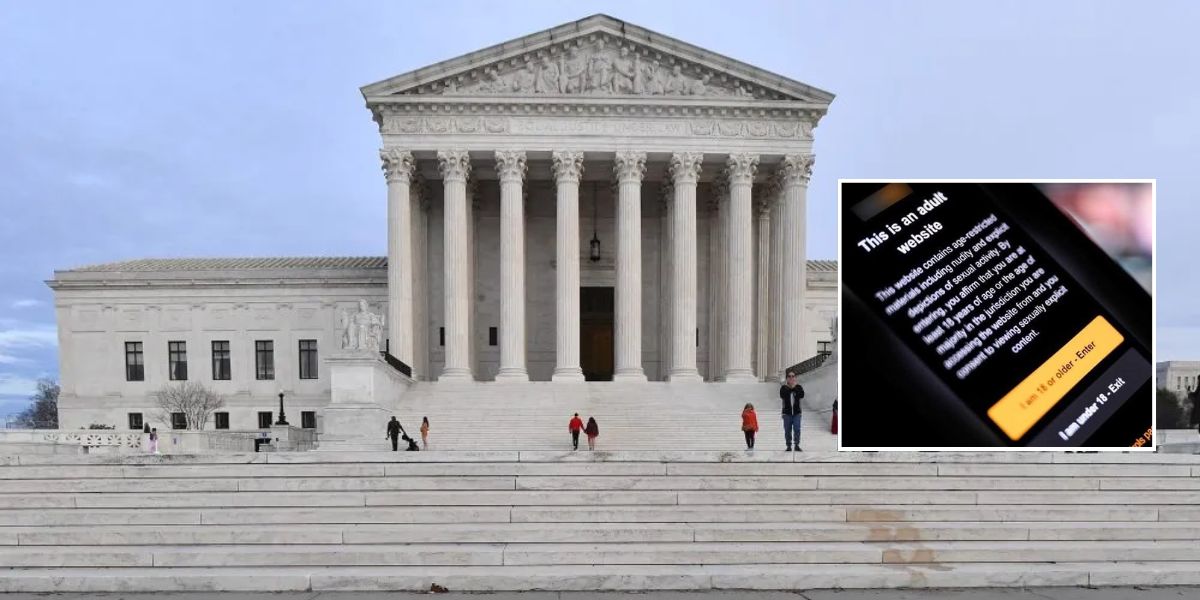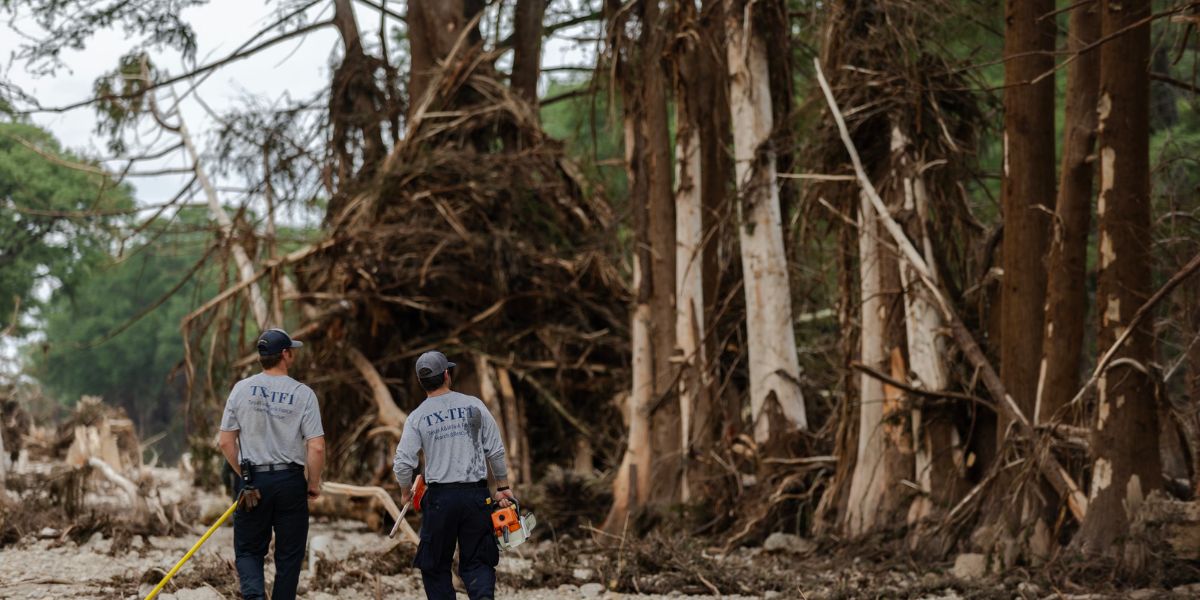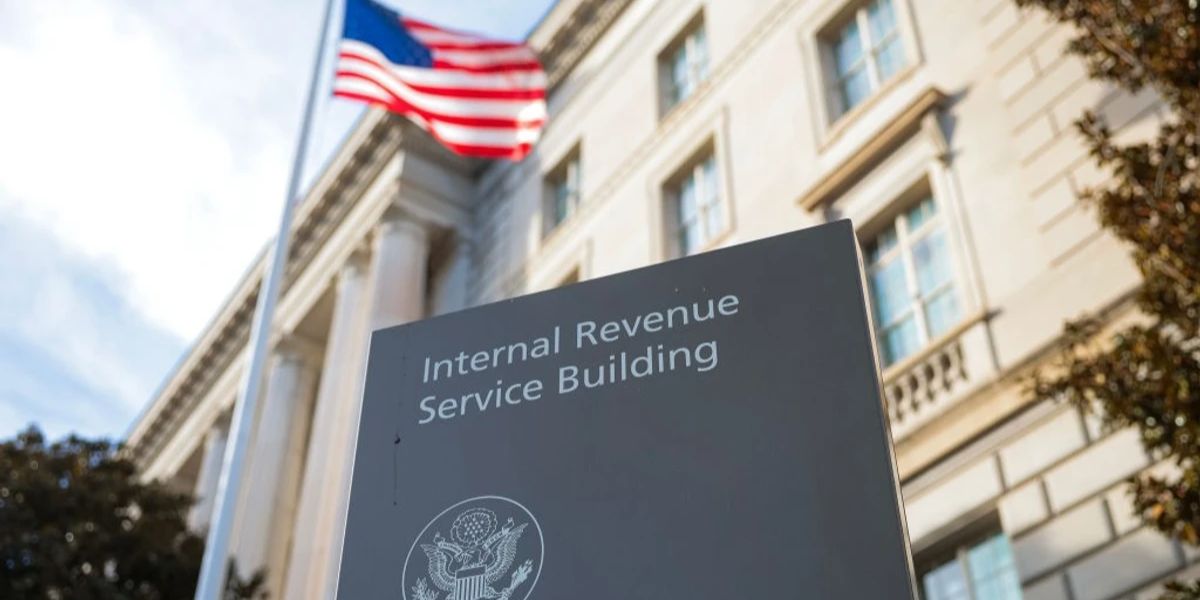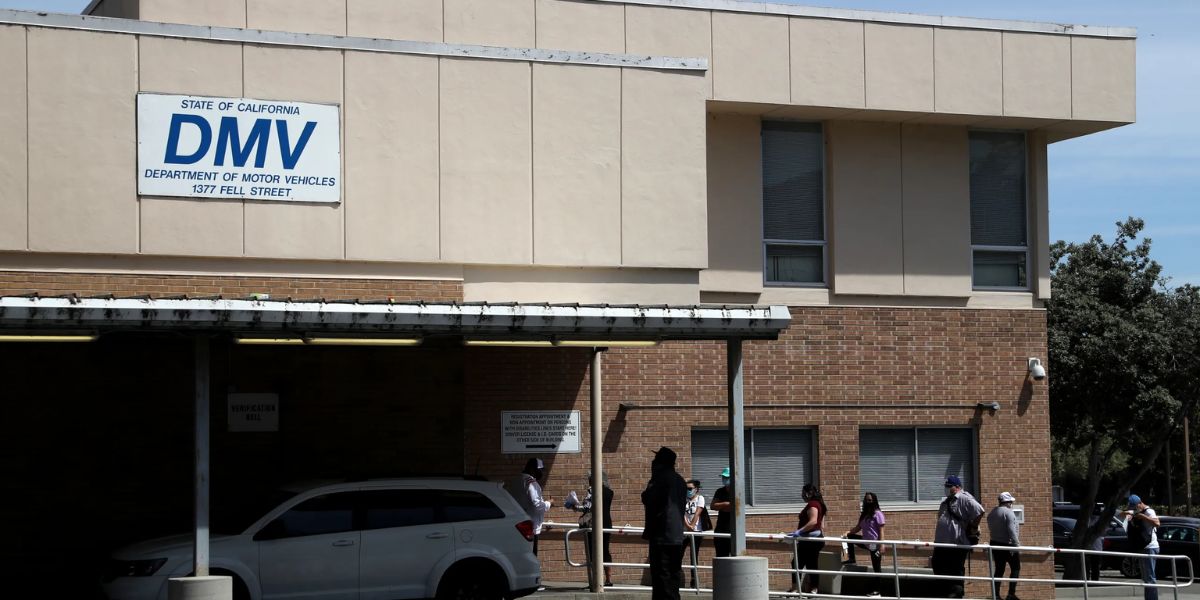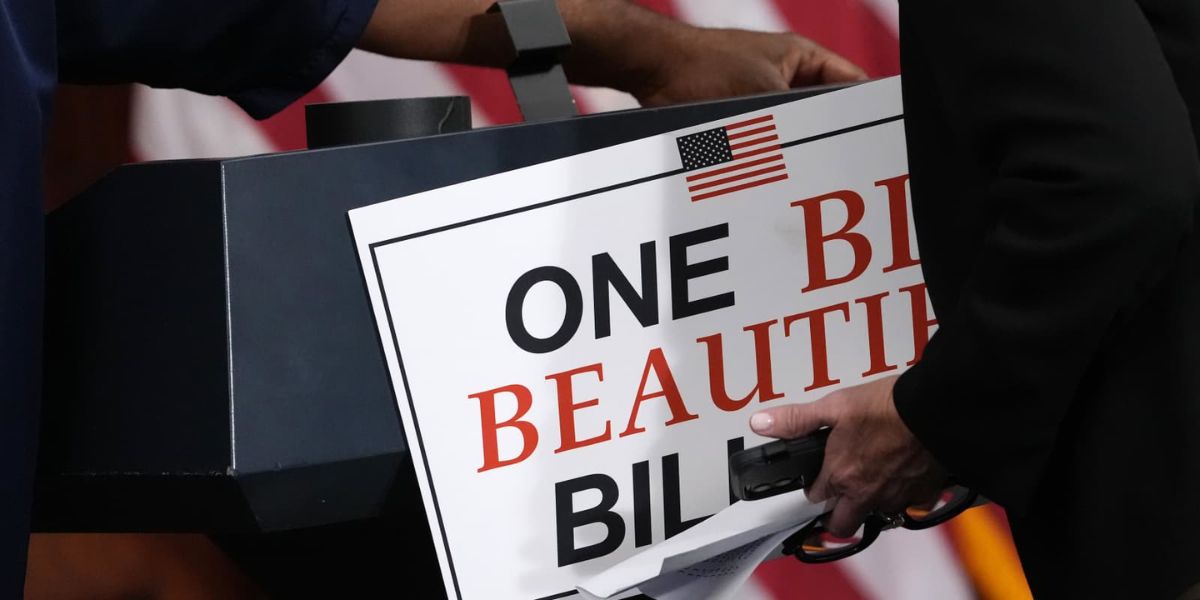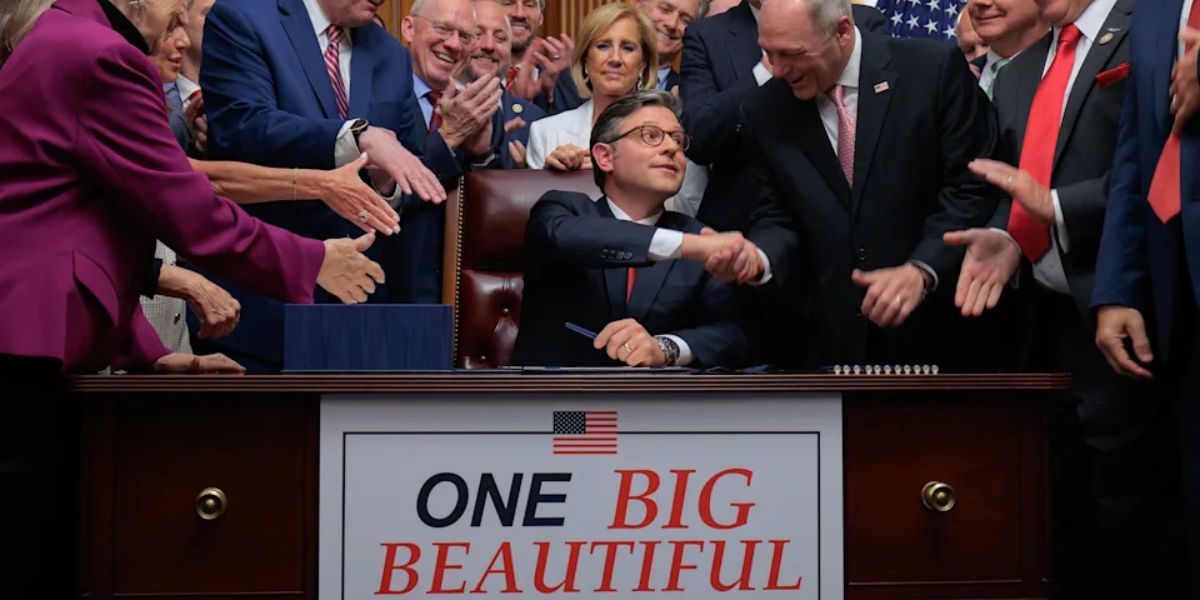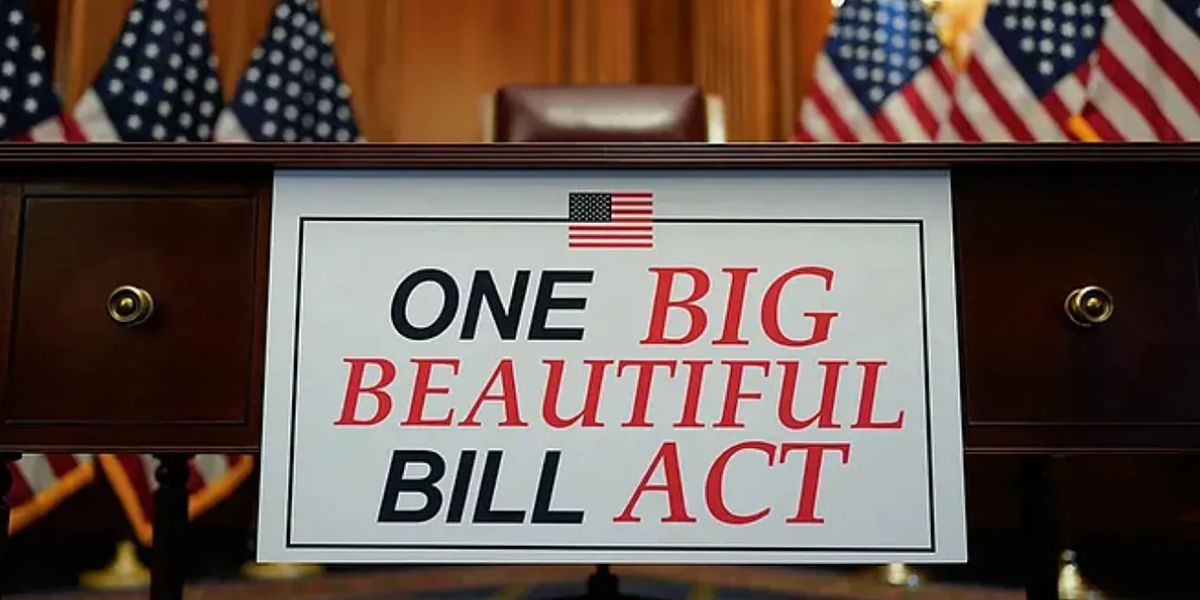Washington, D.C. — The Supreme Court on Friday upheld a Texas law that aims to restrict young people’s access to pornographic content online.
The justices, in a 6-3 vote, rejected a challenge brought by the Free Speech Coalition, a pornography interest group that argued the law infringes on the free speech rights of adults who want to access the content.
Texas Law Requires Age Verification
The law, which was challenged in court, mandates that users of websites hosting adult content must verify their age before accessing the material.
The verification process involves the user presenting a government-issued identification, such as a driver’s license, to confirm their age.
In the majority opinion, Justice Clarence Thomas stated that the law “simply requires established verification methods already in use by pornographic sites and other industries.” He emphasized that the law “advances the state’s important interest in shielding children from sexually explicit material.”
Free Speech Coalition’s Opposition
The challengers, including the Free Speech Coalition, argued that the law infringes on adults’ First Amendment rights by imposing a “content-based burden” on their access to speech.
They pointed to a 2004 Supreme Court ruling that found the Child Online Protection Act, another federal law aimed at restricting access to pornography, likely unconstitutional.
The pornography interest group argued that the Texas law would set a dangerous precedent for limiting access to adult content, even for consenting adults.
Court’s Ruling and Impact
Despite these arguments, the Supreme Court sided with Texas.
The law had been previously upheld by the New Orleans-based 5th U.S. Circuit Court of Appeals, which refused to delay its implementation. As a result, some online pornography platforms, including Pornhub, blocked access to users in Texas to avoid compliance with the new law.
In April 2024, the Supreme Court also declined to block the law while the case was under review, allowing the law to be in effect during the litigation.
Read Also: Oklahoma Proposes Ban on Soda, Candy in Food Stamp Purchases
Implications for Online Content
The ruling is expected to have significant implications for how adult content websites handle age verification. Some platforms may face increased pressure to implement stricter age verification processes in order to comply with the law, potentially impacting users’ access to adult content in Texas.
What Are Your Views?
What do you think about the Supreme Court’s decision to uphold Texas’ law restricting access to online pornography? Do you believe it strikes the right balance between free speech and protecting children, or does it overstep First Amendment rights? Share your thoughts in the comments below!
For more updates, visit RidgecrestPact.org.

